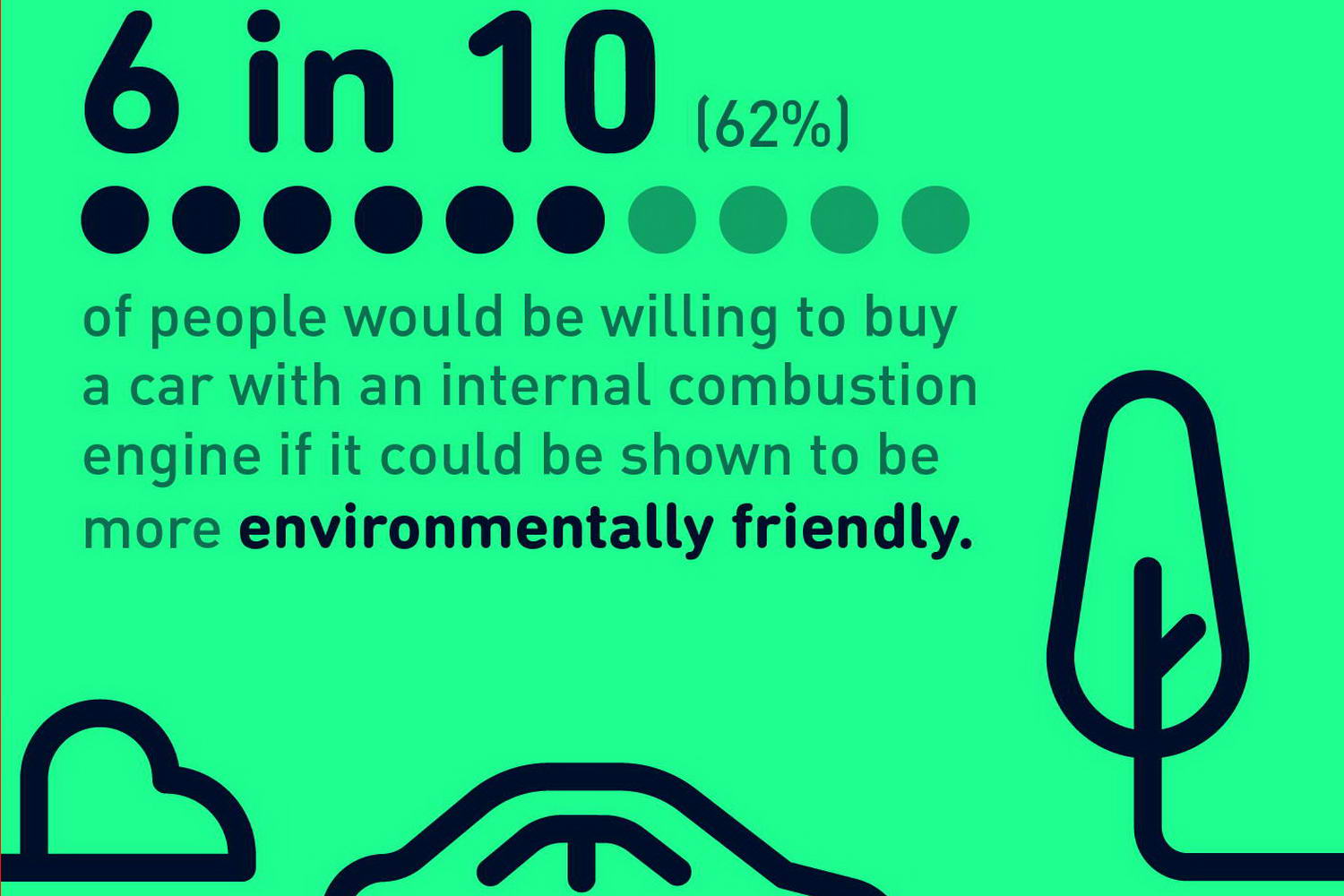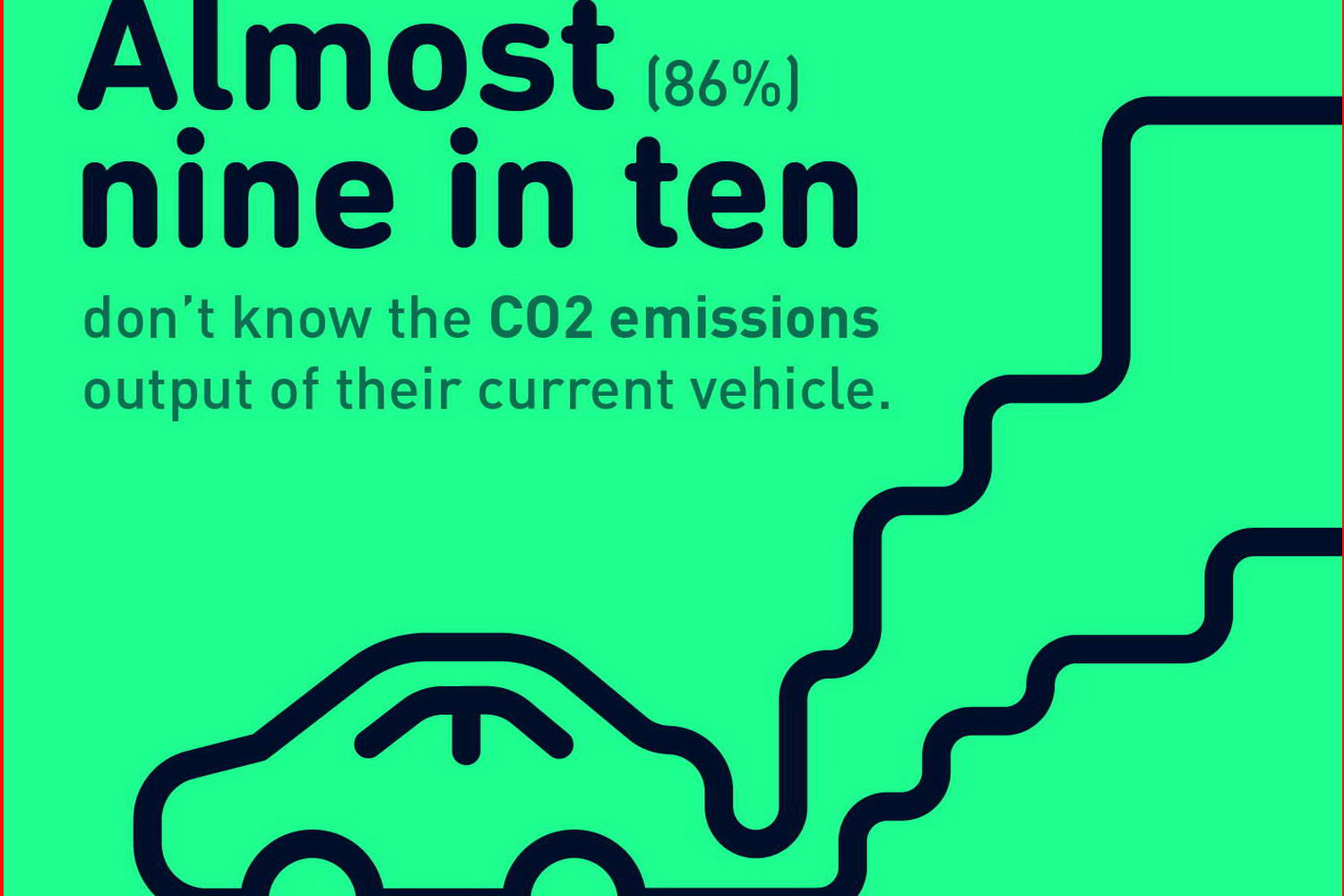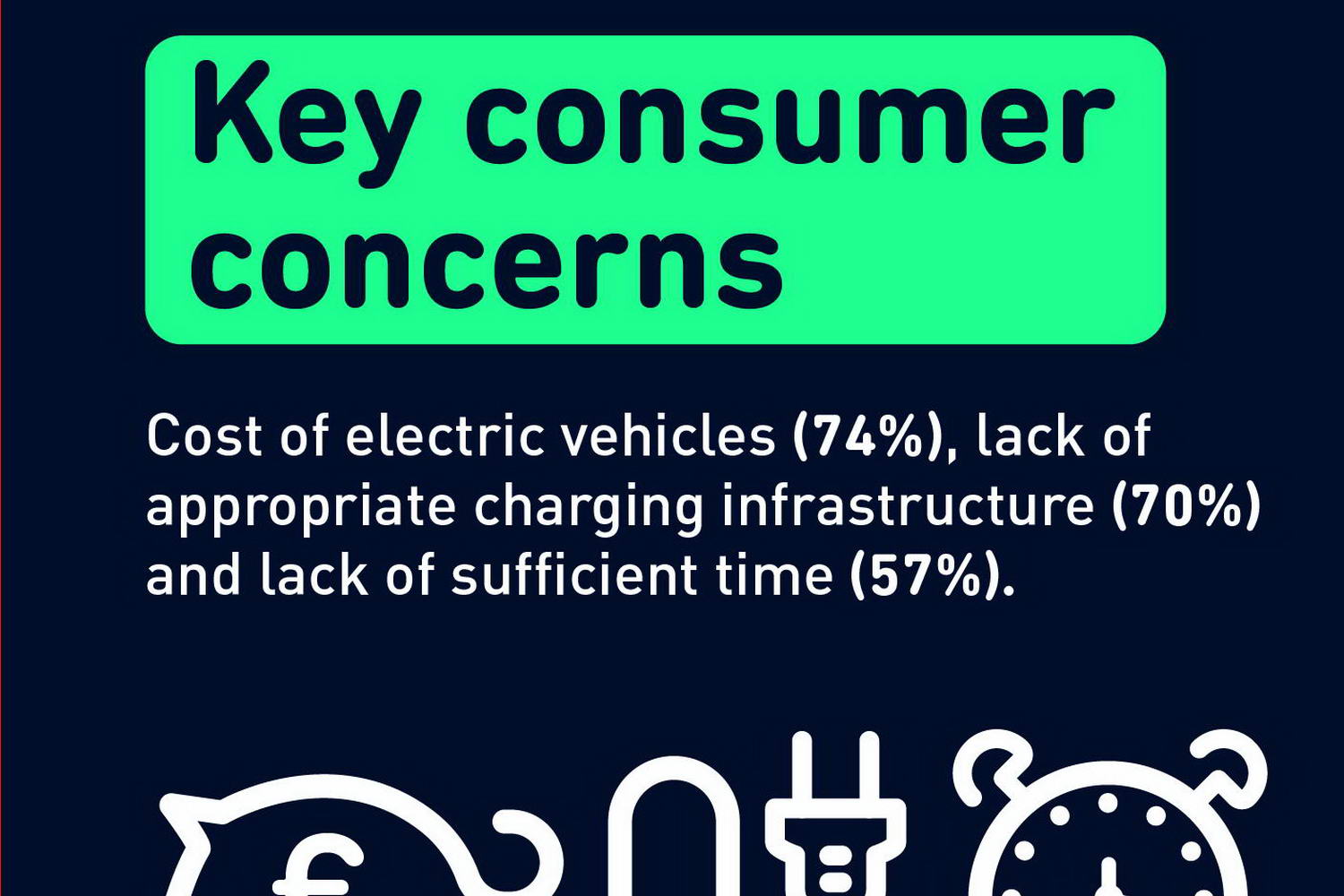The Irish Car Carbon Reduction Alliance (ICCRA), a group representing car dealers in Ireland, has said that Government policy is causing confusion amongst car buyers and holding back a recovery in car sales.
Most think Government plan is unachievable
The ICCRA says that it has conducted a survey of 1,000 Irish car buyers, and found that eight out of ten thought that the target of banning the sale of new petrol and diesel cars by 2030 is unachievable.
More than half - 53 per cent - said that they were confused about the vehicle choices available to them, and the environmental impact of those choices. Some 86 per cent said that they don't know the CO2 emissions of their current vehicle. Another 42 per cent said that the 2030 ban on internal combustion engined sales would deter them from buying a new car in the next five years. Meanwhile, according to the ICCRA's survey, electric cars are still not a viable alternative for many, with respondents citing the cost of electric vehicles (74 per cent), lack of appropriate charging infrastructure (70 per cent) and lack of sufficient time (57 per cent) cited as key consumer concerns.
E-Way 2040 campaign
The ICCRA is launching its own campaign, E-Way 2040, with which it hopes to educate consumers and start them on 'their personal journey to zero car carbon emissions.'
Denis Murphy, a spokesperson for ICCRA, says that Irish consumers - and the motoring sector - are strong believers and supporters of reducing their car's carbon footprint. However, they want clarity and cost-effective solutions that can have a real and lasting positive impact - not confusion and unrealistic targets: "More than half of consumers (53 per cent) are confused about the car options available to them and their impact on the environment. We also know that conflicting information on what is actually an environmentally friendly car is a significant concern to two thirds of Irish consumers. Furthermore, almost nine out of ten (86 per cent) drivers admitted they don't know the CO2 emissions from their current vehicle. These findings clearly show the widespread confusion among consumers, a factor which is only adding to uncertainty at a critical time as the economy begins to reopen."
Some 60 per cent of buyers, according to the survey, said that they would be willing to buy a combustion engined car if it could be shown to be 'more environmentally friendly.'
Fog of confusion
"Consumers have to be reassured and have access to information to make informed choices when seeking to purchase more fuel-efficient and less carbon-emitting cars. However, current government policy and the Climate Action Plan is creating a fog of confusion and red lights. This is despite the fact that current technological innovations could bring petrol and diesel engine cars close to zero emissions by 2030," said Murphy. [Editor's note: it's impossible to have zero emissions from petrol and diesel cars, but we will concede that further improvements in their tech is likely to bring emissions down from where they are today.] "In the absence of a vaccine for the coronavirus, as we move through the phase of reopening Irish society we can expect a significant increase in traffic as commuters reconsider public transport for multiple reasons. Simply banning cars is not feasible, and so the best way to reduce emissions in the transport sector is to incentivise the replacement of old emissions-intensive cars with newer and more fuel-efficient models. By 2021 the average new car on Irish roads will emit 28 per cent fewer car emissions than the current fleet."
According to Murphy: "Our E-Way 2040 campaign sets out a realistic and achievable road map towards a 2040 end of sales of petrol and diesel cars. This is in line with the target that our EU counterparts are working towards and to which all the major car manufacturers are already aligned to and committed to achieving. It's backed by EU legislation and academic thinking as a viable long-term solution to making our roads emissions free. ICCRA is seeking a cooperative approach between Government, industry and policymakers on this important issue," said Murphy. "We know from this research that electric vehicles will not be the answer for the overwhelming majority of Irish consumers for many years to come. Currently, there are around 8,500 electric vehicles on the roads, not even one per cent of the Government's target of 850,000 EVs on the road by 2030. Furthermore, given that the cost of your average electric vehicle is over €21,000 more expensive (before subsidies) than the average new petrol car and with the lack of charging stations, especially in rural Ireland, this will not change anytime soon. The net result will be many older, emissions-intensive cars on the road much longer than they should be as consumers hold off new car purchases."






